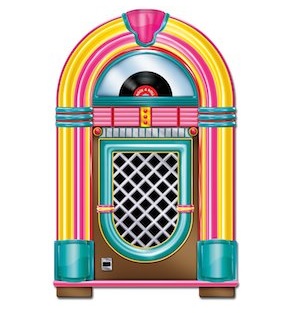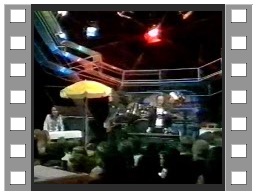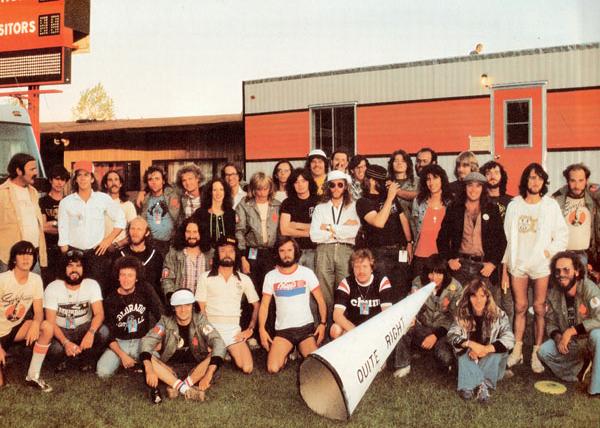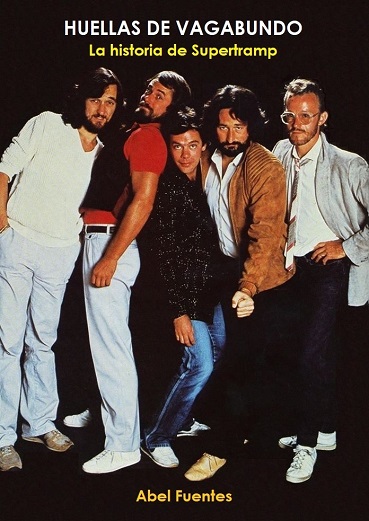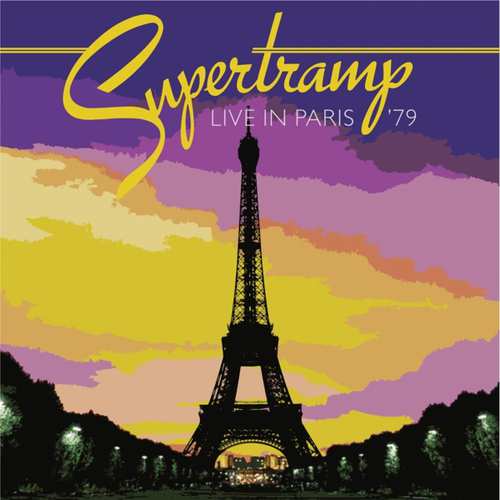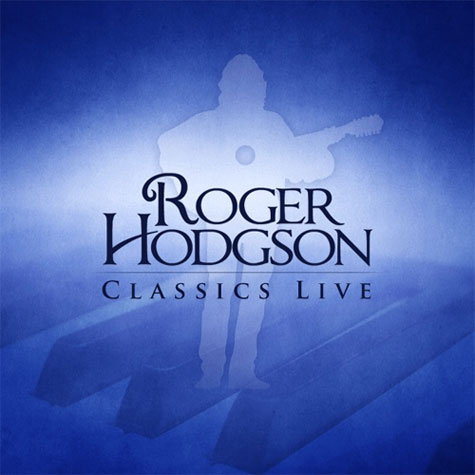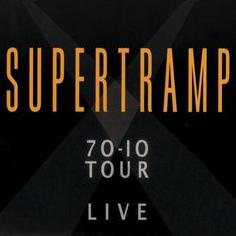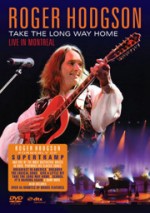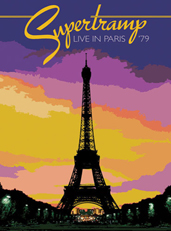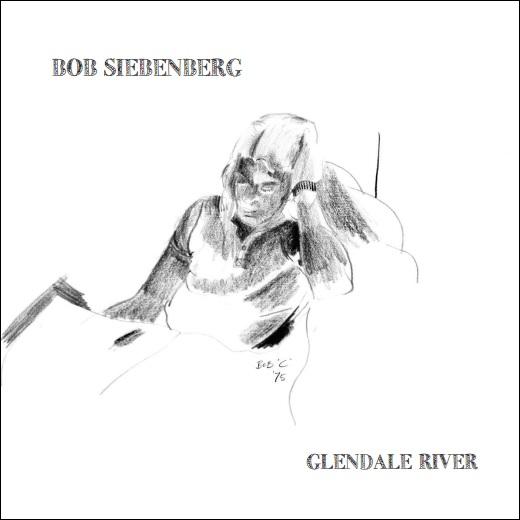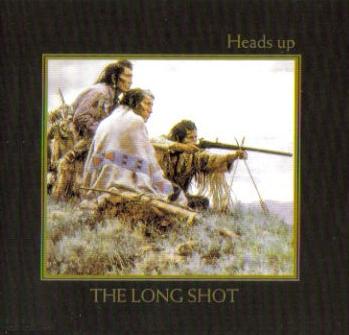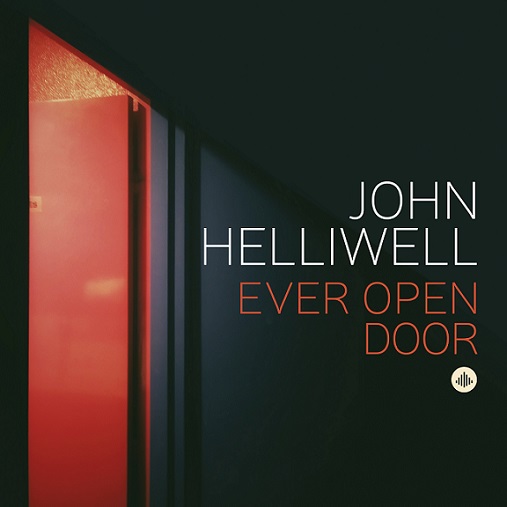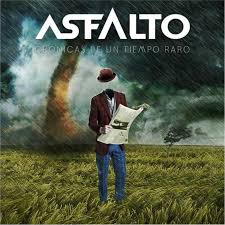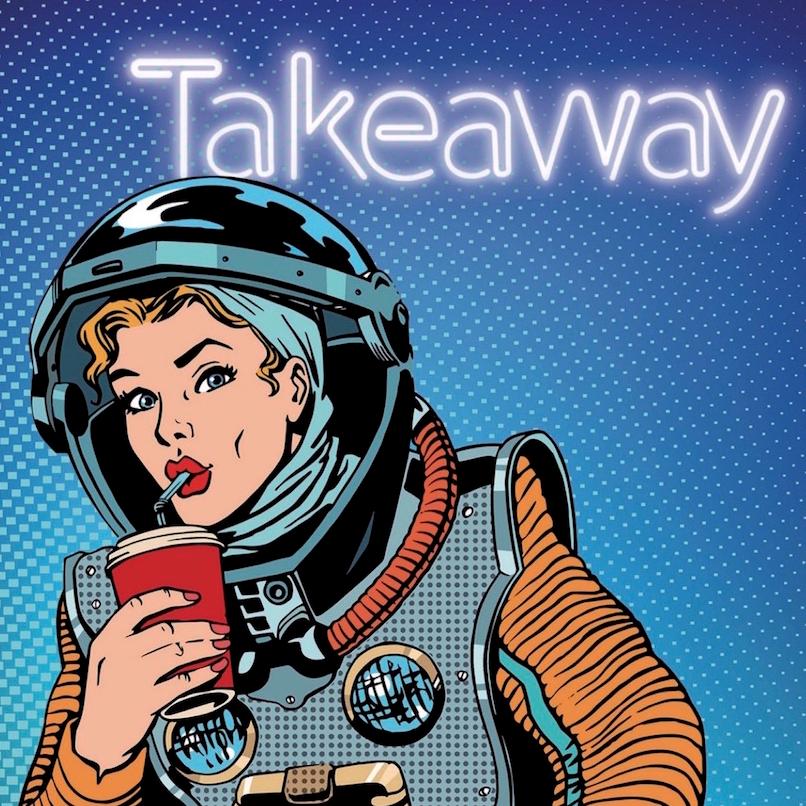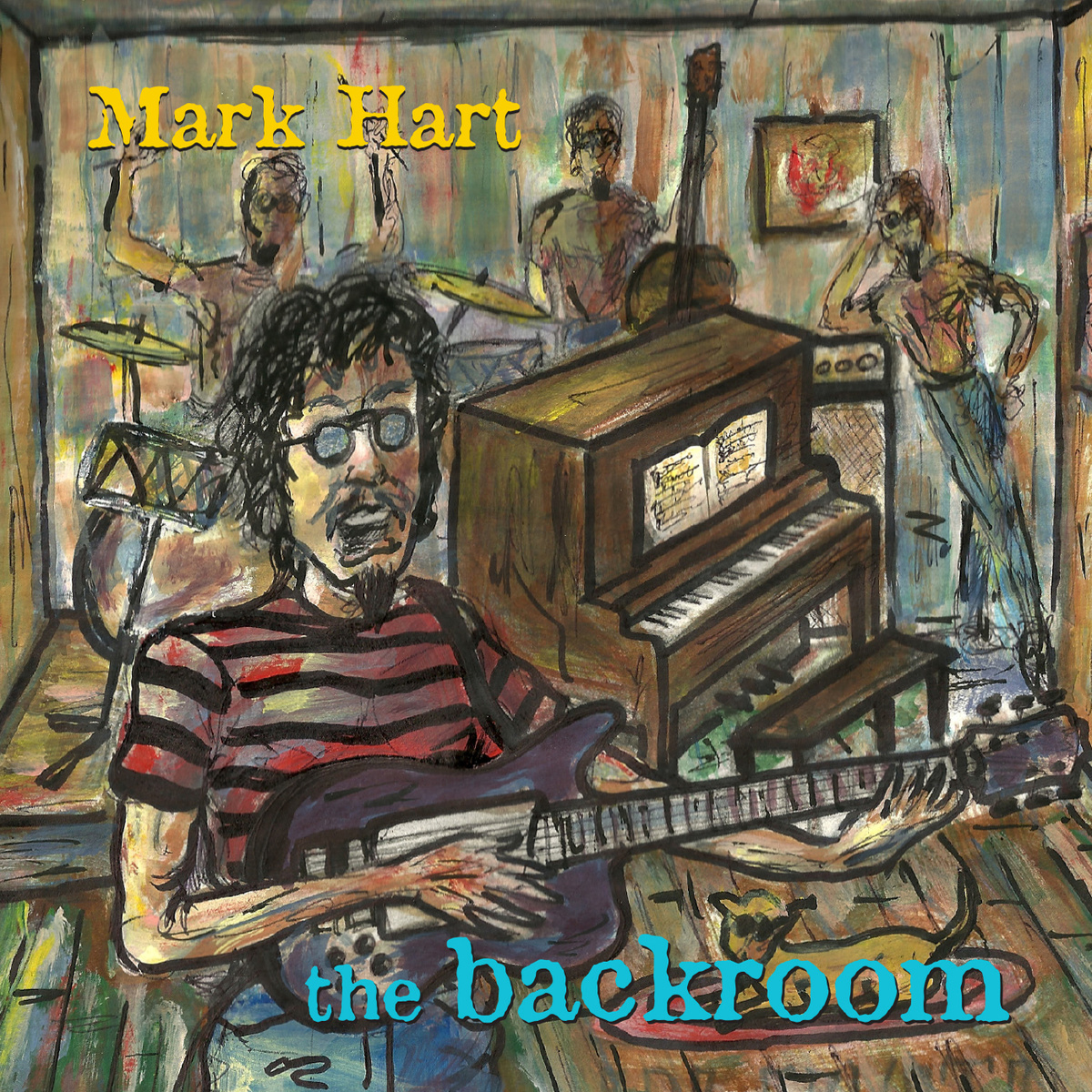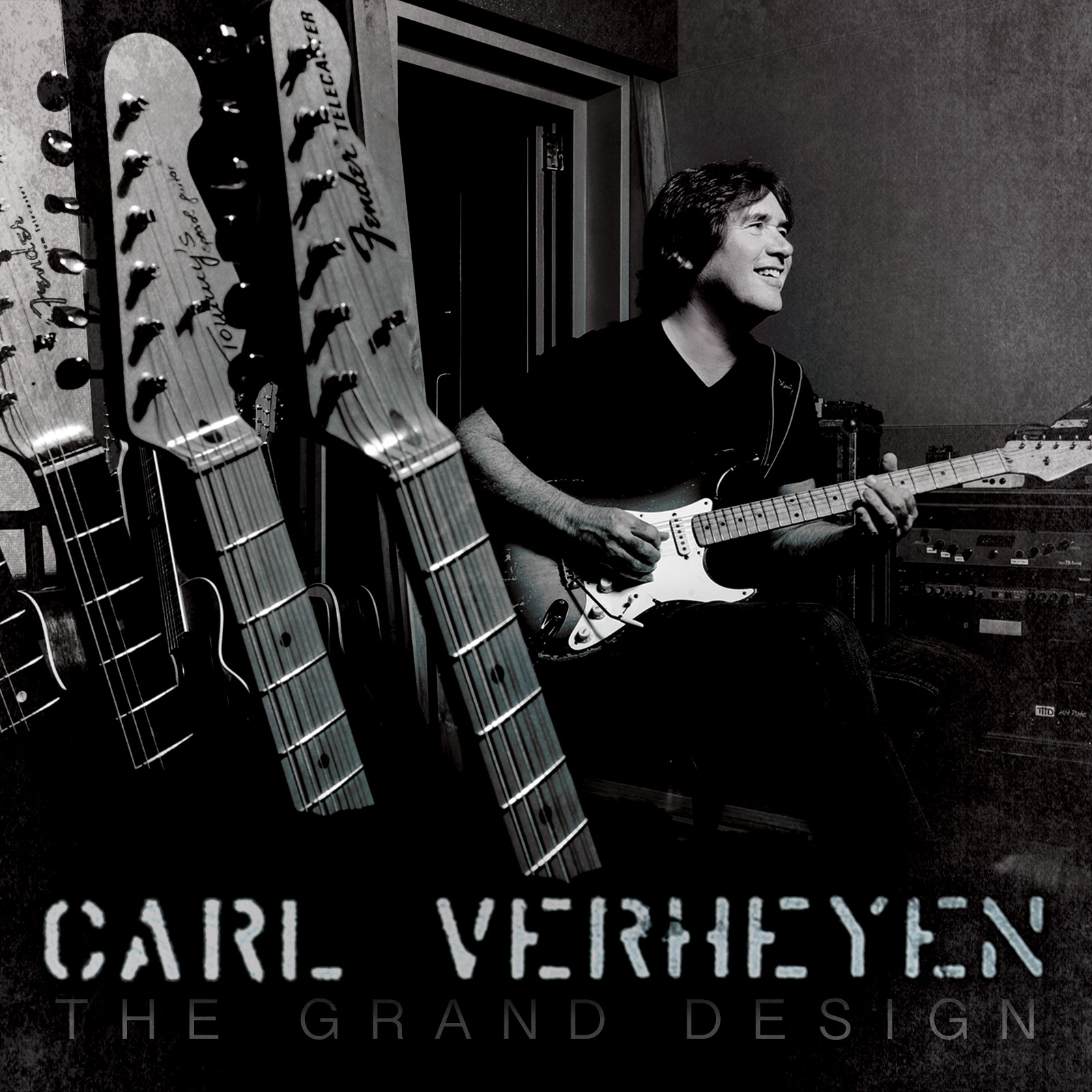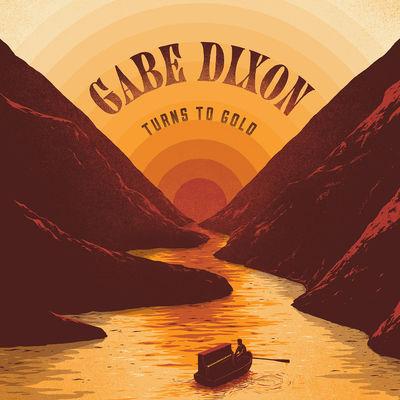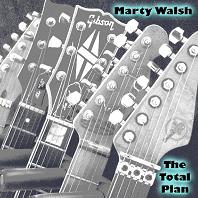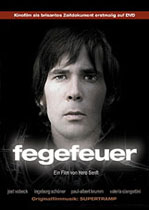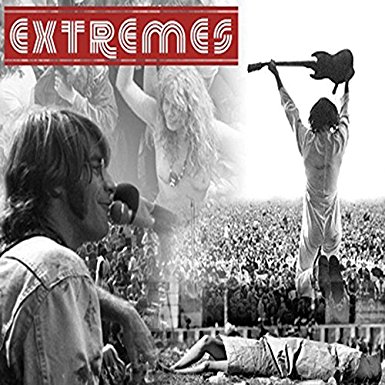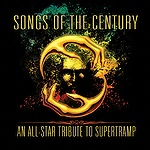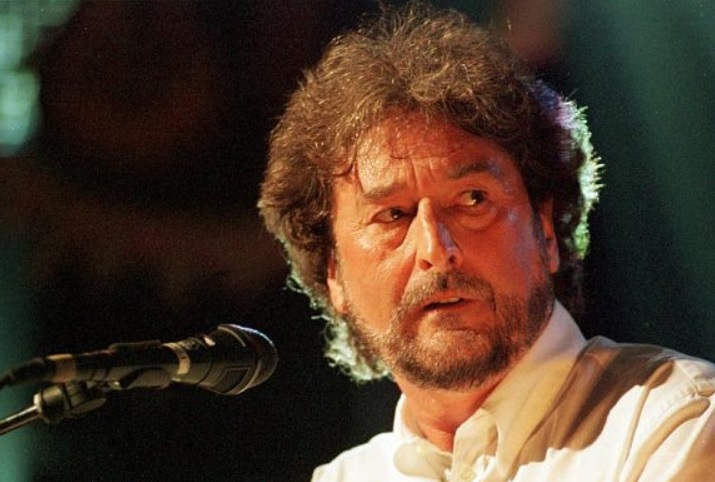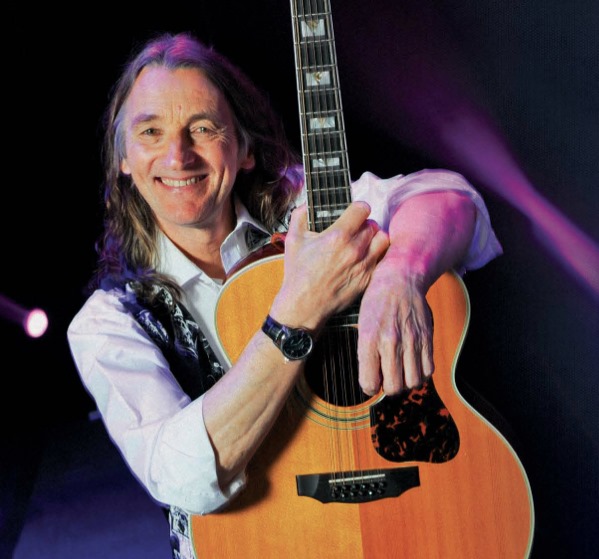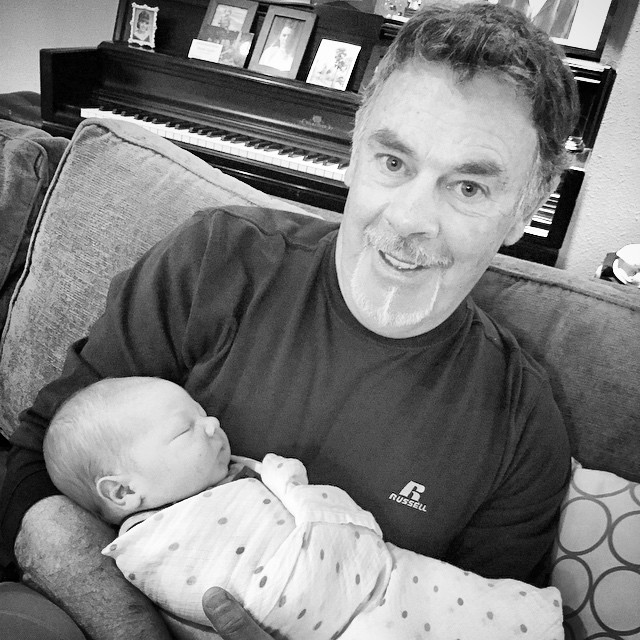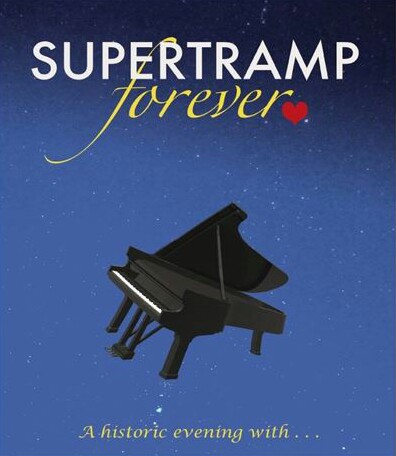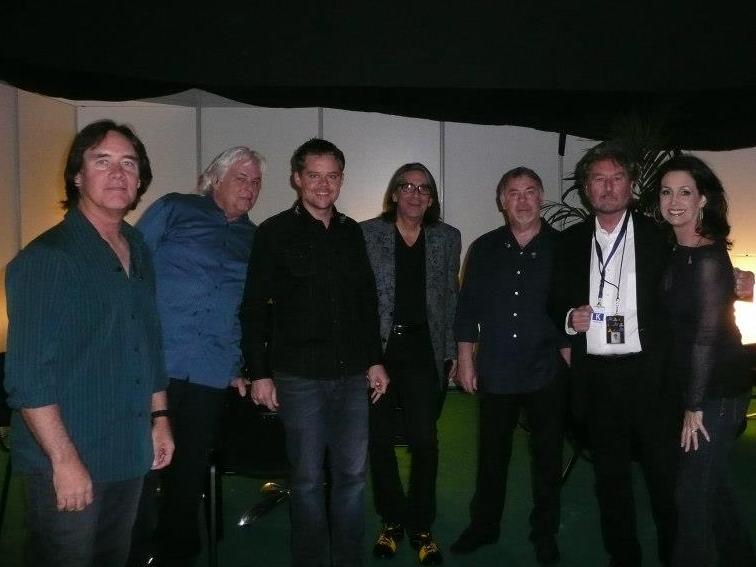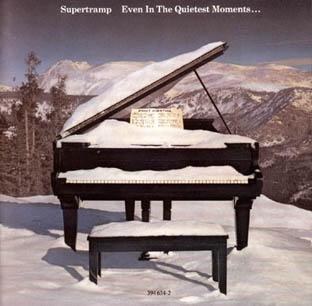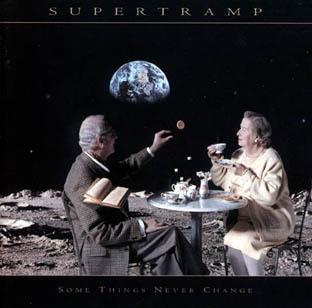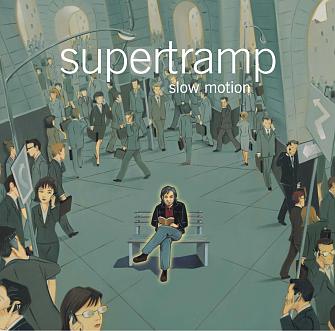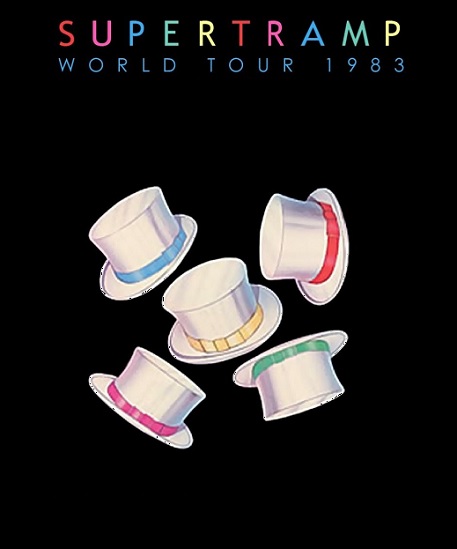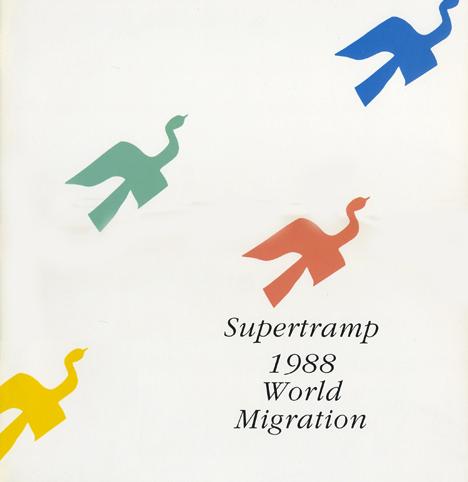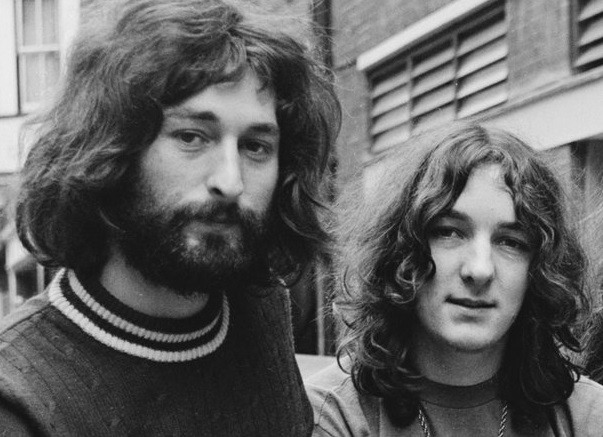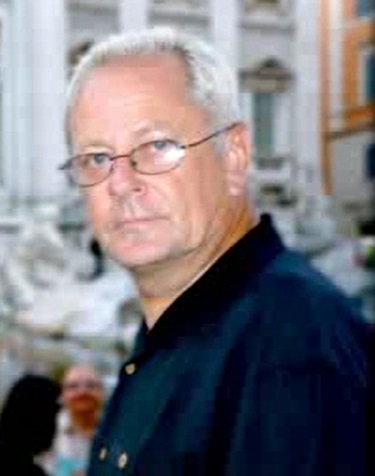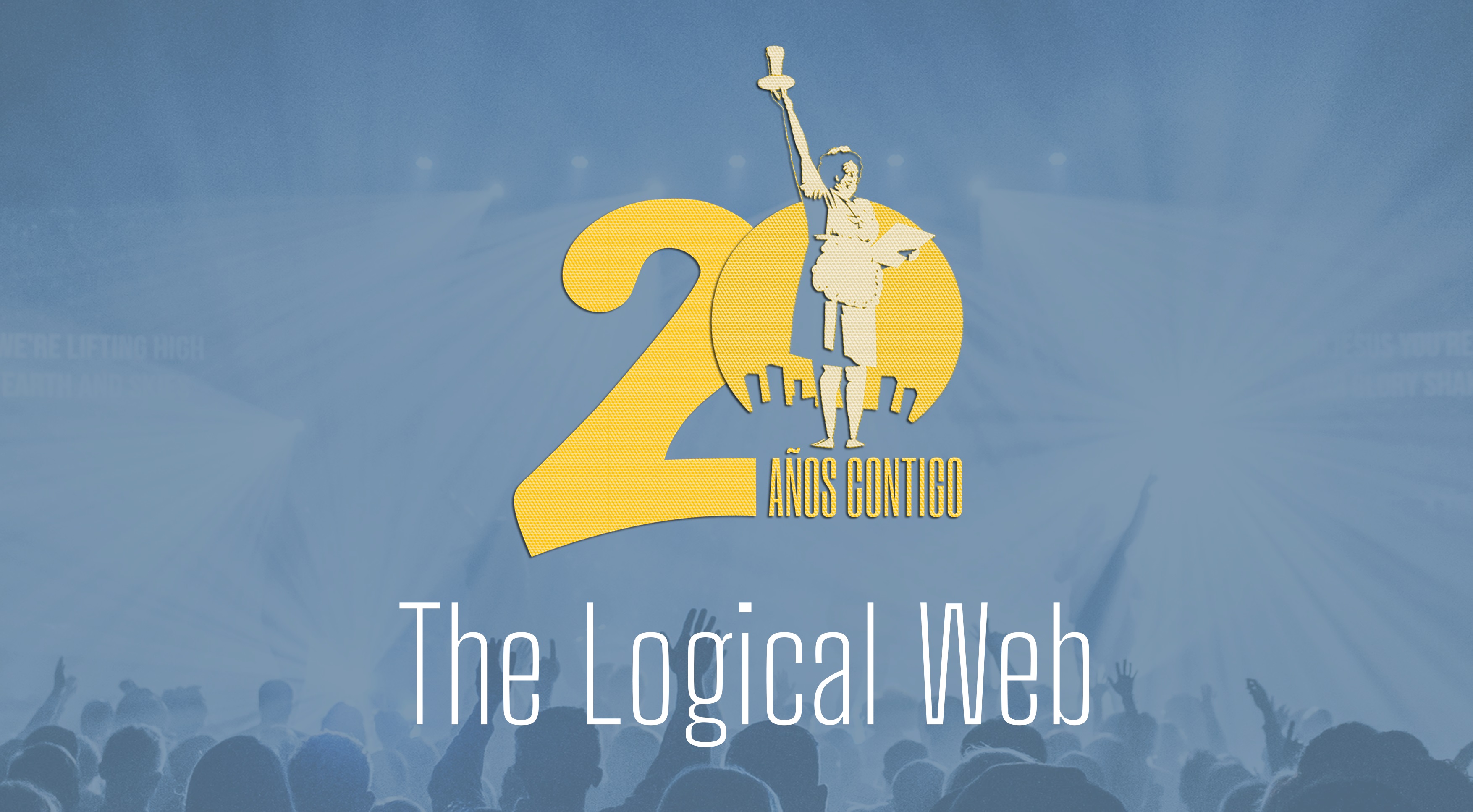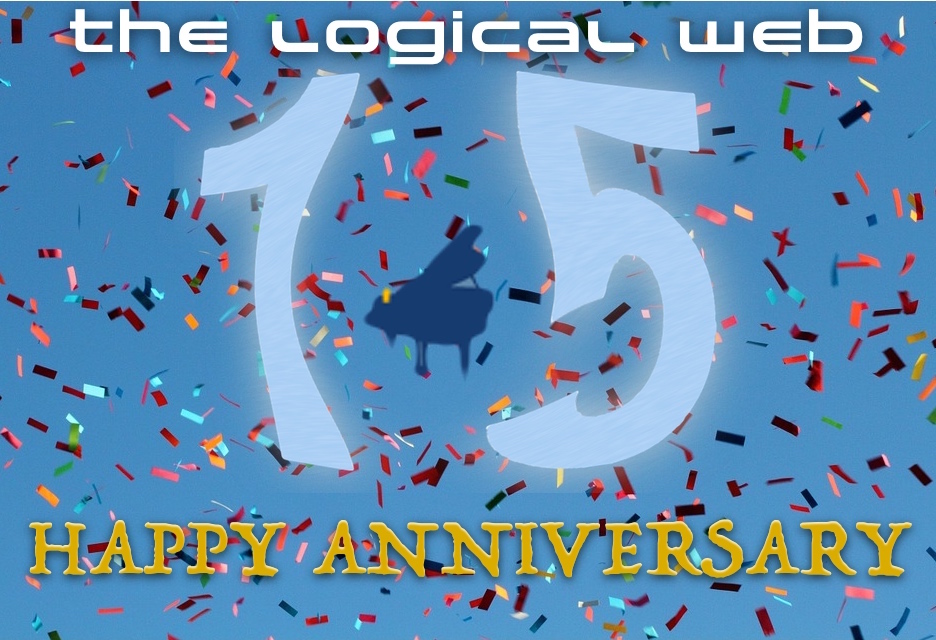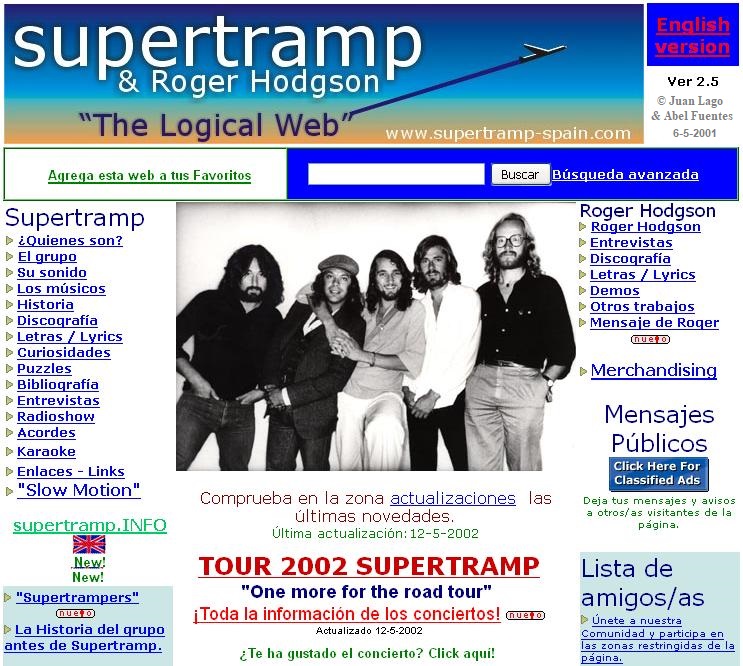On the occasion of the 20th anniversary of THE LOGICAL WEB, and having received the video with congratulatory messages from his fans for his 70th birthday, Supertramp's legendary bassist answered the questions sent by some of them through the site.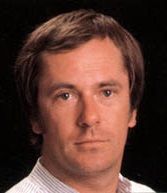
TLW: Many thanks for this interview with questions from your fans… Did you like the video with their birthday greetings?
DOUGIE: I absolutely loved my birthday video, this was really fantastic… Thank you so much for all your efforts in putting it together. My family loved it too.
TLW: What do you think about how much they still remember you even though you stopped playing with Supertramp 33 years ago?
DOUGIE: It was overwhelming to see the appreciation after all this time, and the photos brought to many memories.
TLW: Who are your favourite bass players, those ones that influenced you the most?
DOUGIE: I have always admired the great Paul McCartney, of course. But the one who stands out the most who I had the fortune to meet and spend time with was the late Jaco Pastorius, whose time with Weather Report was especially outstanding. Listen to the instrumental “Teen Town”, on which he plays drums as well.
TLW: When you joined Supertramp in 1972 you started playing many roles apart from music, like accountant and manager… How difficult was it for you?
DOUGIE: I always enjoyed all those aspects of the band and, of course, at that time if I didn’t do it, it would never have been done.
TLW: Were you happy when the band succeed and you only had to play bass?
DOUGIE: I continued to stay involved even when I was playing and, of course, it came in handy when I left the band and spent a long time on the business side of music.
TLW: Did Roger Hodgson or Rick Davies, having been a bassist and a drummer respectively, use to say you or Bob Siebenberg how to play your bass lines on their songs or did you play it your way? Did you make your bass lines working with Bob on the bass drum?
DOUGIE: On some songs both Rick and Roger had pretty definite ideas on how they wanted things to go, and at other times we would jam on the songs and Bob and I would work together on ideas.
TLW: While playing bass with Supertramp, when and why did you use a pick or just the fingers?
DOUGIE: I would change around depending on what was best for the song.
TLW: Did you never like some peculiar techniques like the “slap bass”?
DOUGIE: I never really embraced the “slap” style, it never fit the music.
TLW: In 1978 you played (as well as Bob Siebenberg and John Helliwell) on the album "The Old Pals Act" by Peter Bennett... Is this the only official recording you have worked on apart from Supertramp?
DOUGIE: Yes, I think you are correct.
TLW: Which supertramp bass lines are your favourites, in terms of composition, difficulty or enjoyment playing it?
DOUGIE: It’s hard to pick favorites… There were so many great songs, although I do really like “School”.
TLW: On the song “Cannonball” from the album “Brother Where You Bound” your bass sounds really sophisticated and different, and it even seems that there is a kind of little guitar doubling it… How did you record this song?
DOUGIE: Rick played a synth bass on “Cannonball”, and then I came up with a special bass to perform the song live.
TLW: In 1985 Supertramp was offered to play in the “Live Aid”, but the band’s management refused the proposal… Do you know what was the reason for that? Don’t you think it was an excellent chance not only to perform in a charity event but also to introduce the new group without Roger Hodgson?
DOUGIE: I personally don’t remember that taking place… The whole management situation was a mess and that is the main reason I finally left the band.
TLW: On the album “Free As a Bird” your bass has much prominence, sounding very present, almost like a progressive rock style, and on the video of this song you are playing a Status… Is that the bass you used to record it?
DOUGIE: I think I played with a pick and I believe it was a Yamaha bass.
TLW: What is your favourite Supertramp album and why?
DOUGIE: I love “Crime of the Century” since it was a whole new experience for all of us, and “Breakfast in America” because it was a very complete combination of songs.
TLW: What are your best and worst memories from your time in the band?
DOUGIE: There are too many good memories to pick just one. I did not enjoy things after Roger left, and the last tour I did was the worst. In hindsight, I should have left before.
TLW: Have you ever missed playing with a band or with other musicians since you stopped playing with Supertramp in 1988? Have you ever regretted leaving Supertramp?
DOUGIE: Not really. I lead a very full life after Supertramp and spent some great years sailing and racing sailboats all over the world, fulfilling another of my childhood dreams.
TLW: Were you ready to rejoin the band at any time? Would you play again with them if there was a reunion of the classic lineup?
DOUGIE: I don’t think so. The first ten years were really great, but I think too many negative things happened after that which would have made it very difficult to go back. Better to stay with the memories of the good times.
TLW: Have you ever listened to the two studio albums Supertramp released after you left the band, “Some Things Never Change” and “Slow Motion”? What is your opinion about those recordings? And what about the solo albums by Roger Hodgson?
DOUGIE: I didn’t pay much attention to any of the later records. I didn’t hear any songs that were up to par with the original band.
TLW: Have you attended any Supertramp concert after you left the band? What do you think about the tours the band did in 1997, 2002 and 2010?
DOUGIE: I had no interest in going to see Supertramp. In the last few years I spoke to friends who went, but nobody had anything good to say.
TLW: Do you know Cliff Hugo, the bassist who replaced you in Supertramp? What is your opinion about the work he did?
DOUGIE: I have never met him or heard him play, so I have no opinion.
TLW: All the fans are grateful to The Supertramp Partnership for releasing some great stuff like the "Paris" DVD or the "Breakfast" and "Crime" deluxe packages... Is there any chance to release in the future some other stuff like the DVDs of Hammersmith Odeon 1975, Tokyo 1976, London Queen Mary 1977, Munich 1983 or Toronto 1983?
DOUGIE: I am always open to ideas, but communication is pretty poor.
TLW: We know you are in permanent contact with John Helliwell, Bob Siebenberg and manager Dave Maregereson… Do you also speak to Roger Hodgson and Rick Davies from time to time?
DOUGIE: I talk to Dave, John and Bob all the time, but never to the others.
TLW: Supertramp’s legendary live sound engineer Russel Pope passed away a few years ago… How was your relationship with him? What do you highlight from his many contributions to Supertramp from 1970 to 1983?
DOUGIE: I was very sad to hear that Russel had passed. He had a huge part in the early success, and he and I for the most part work closely on a lot of things.
TLW: Are you still the manager of Disturbed? How much has affected this world pandemic to your work?
DOUGIE: Although I am still great friends with all of them, I retired a couple of years before the pandemic came along. I know they are very frustrated at not being able to tour. Although I stopped working with them, I still enjoyed a few days on the road with them. Who knows what the future holds…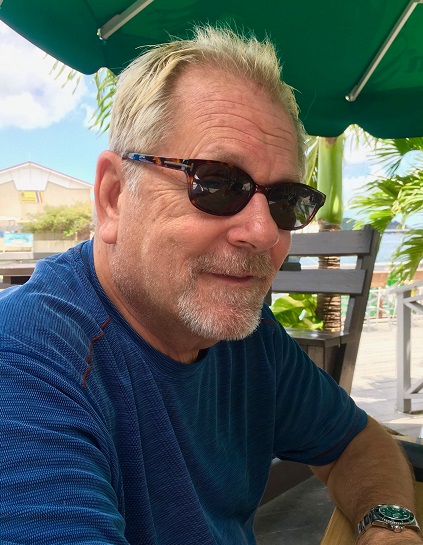
A recent photograph of Dougie, now retired from the music world.

